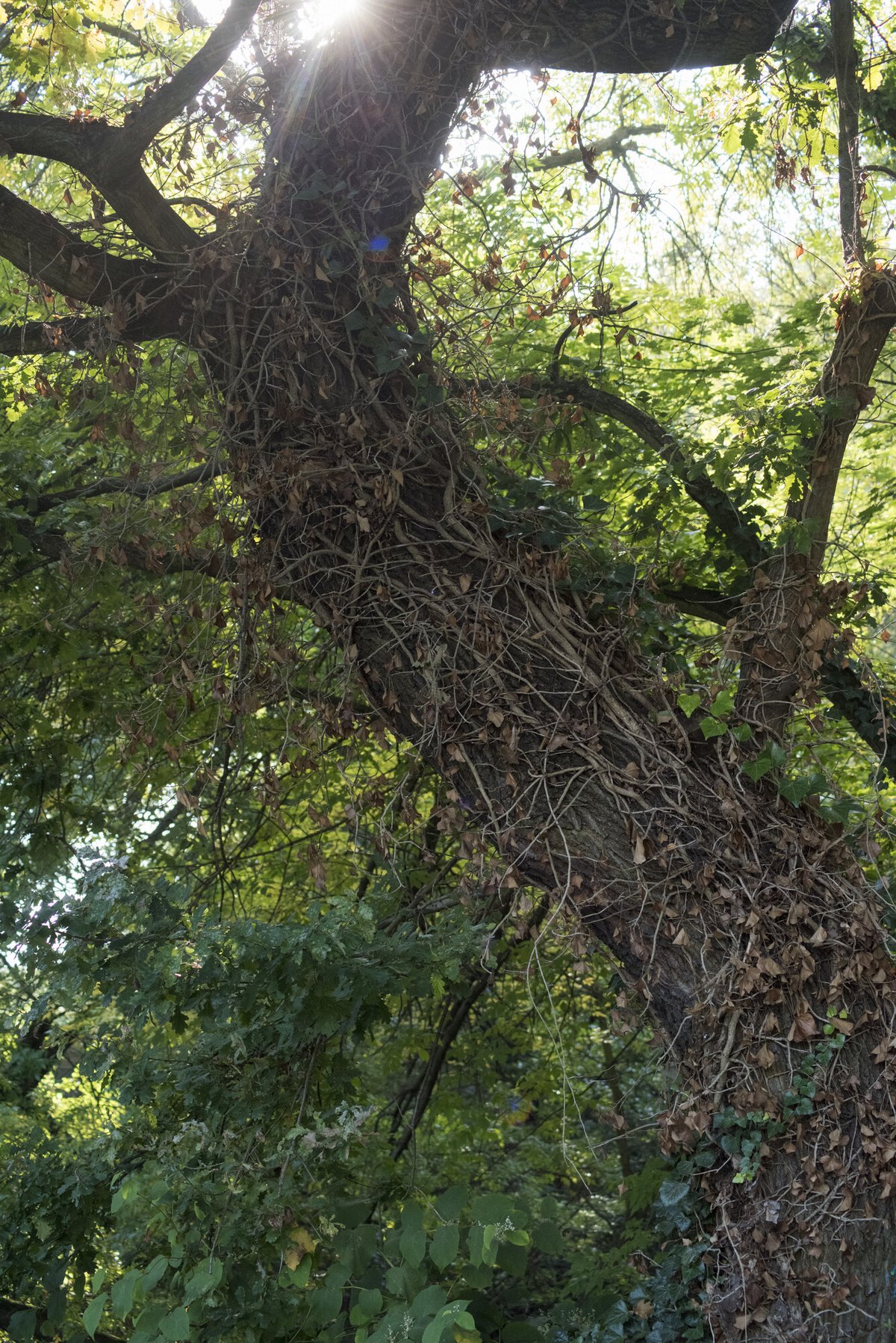More than 150 participants discuss future opportunities through natural climate protection in Brandenburg
Natural climate protection is a precautionary measure for the future and a location factor. Healthy moors, forests and bodies of water are the basis for a stable climate, secure water supplies and agricultural productivity. "Without intact ecosystems, stable economic activity is not possible in Brandenburg either," emphasised Magdalena Eder from the Brandenburg Climate Alliance.
Prof. Herman Lotze-Campen, Potsdam Institute for Climate Impact Research, Scientific Climate Advisory Board Brandenburg, made it clear: "Agriculture, forests and other land uses play a central role in achieving the climate targets. It is important to explicitly consider the interactions with other sustainability goals - this is the only way to develop viable long-term solutions."
BTU President Prof. Gesine Grande emphasised the importance of the conference venue: "BTU Cottbus-Senftenberg sees itself as an expert in transformation. As a centre of science in the heart of Lusatia, we bring stakeholders together, pool knowledge and develop new solutions. The fact that the conference is being held on our campus shows that Natural climate protection, regional innovation and science belong together."
Whether paludiculture, climate-resilient forest management or climate-adapted water management - innovative projects already exist, but need funding and political backing. "Brandenburg has many pioneers who have recognised the potential of climate protection in land use. In order to make natural climate protection widespread, it must really be worthwhile to produce products from paludiculture, for example. The funds from the Natural Climate Protection Action Programme can be a real booster here if the state government recognises and makes use of this! As a second adjusting screw, legal obstacles must be removed. We finally need amendments to the Water Act and Forest Act - we can no longer afford to delay," says Joyce-Ann Syhre from BUND Brandenburg.
The targeted orientation of subsidies also played a central role: "Every subsidy should strengthen biodiversity, climate protection and resilience. We need functioning markets in order to be able to sell products produced sustainably in intact ecosystems on a broad scale. What already works as a lighthouse or niche product must now be scaled up. We are calling on the state government to further consolidate the good beginnings and to fund the market ramp-up with suitable funding programmes," says Björn Ellner from NABU Brandenburg. In addition, the new Regional Office for Natural Climate Protection was presented by Tilman Schnauder, Head of the Regional Office for Natural Climate Protection and Officer for Climate Protection, as an important contact point for networking stakeholders, pooling knowledge and promoting cooperation.
In the concluding panel "From potential to practice", Gunnar Lehmann (MdL, BSW), Tom Kirschey, Tilman Schnauder, Simon Krischer (Biodiversity in Good Company/Biokreis e. V.) and Björn Ellner (NABU Brandenburg) debated the question of how natural climate protection can become a driver of innovation and regional value creation.
The conference impressively demonstrated that Brandenburg, as a pioneering region, can combine economic strength and ecological responsibility - if natural climate protection is understood as a driver of innovation and supported politically.
"Natural climate protection is not a nice-to-have, but a policy for the future. The Ministry of Economic Affairs and the Ministry of the Environment must act together now. Natural climate protection must no longer be a marginal issue - it is the key to resilience, value creation and future security in the country," concluded Magdalena Eder.
The recording of the inputs from the main panel will be available shortly at www.klimabuendnis-brandenburg.de.
About the officers
The conference brought together an impressive line-up of experts from academia, practice and organisations. Sebastian Petri (Moorhofer Grünlandhof und Moorgrün GmbH) and Dr Jan Peters (Michael Succow Foundation), for example, spoke about the opportunities and hurdles of peatland-friendly agriculture. Study programmes such as Environmental and Resource Management, Environmental Engineering and Environmental Sciences at BTU Cottbus-Senftenberg demonstrated the role of scientific education in the transformation.
Dr Malte Pries (Pollmeier Massivholz GmbH & Co. KG) and Dr Stefan Kreft (Naturwald Akademie) provided important impulses in the forest conversion and forest management thematic block, followed by an expert exchange on climate-resilient forest management with Prof. Dr Tobias Cremer (HNEE) and Friedrich-Georg Koch (ANW).
Tom Kirschey (Competence Centre for Natural Climate Protection), Tilman Schnauder (Regional Office for Natural Climate Protection) and Prof. Dr Annette Prochnow (ATB) discussed paludiculture and the funding backdrop.
Dr Rocco Buchta (Institute for River and Floodplain Ecology) and Dr Rüdiger Mauersberger (Förderverein Feldberg-Uckermärkische Seenlandschaft e. V.) provided highlights on sustainable water management.
The event is funded by the Heidehof Foundation and Local Agenda 21.

